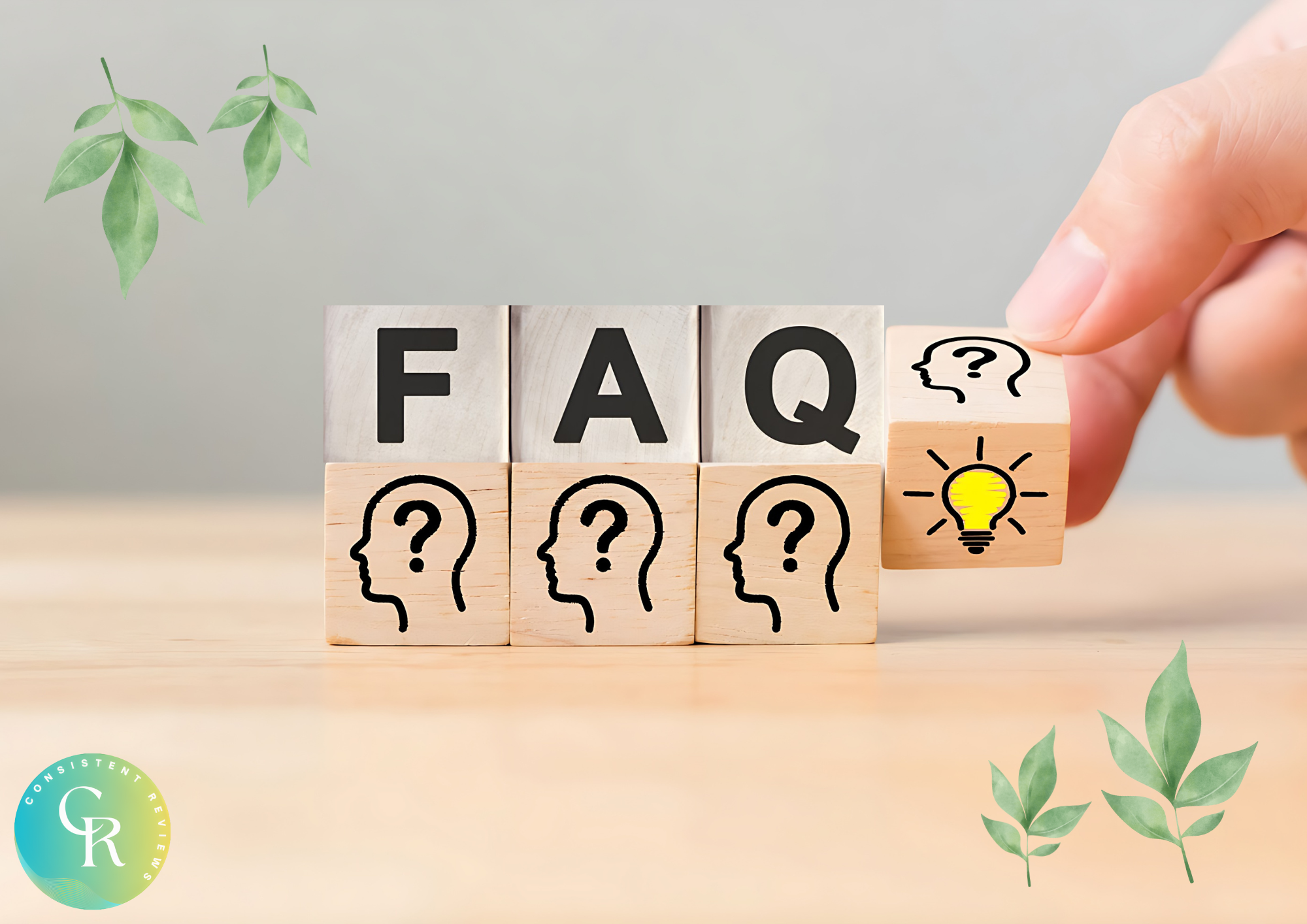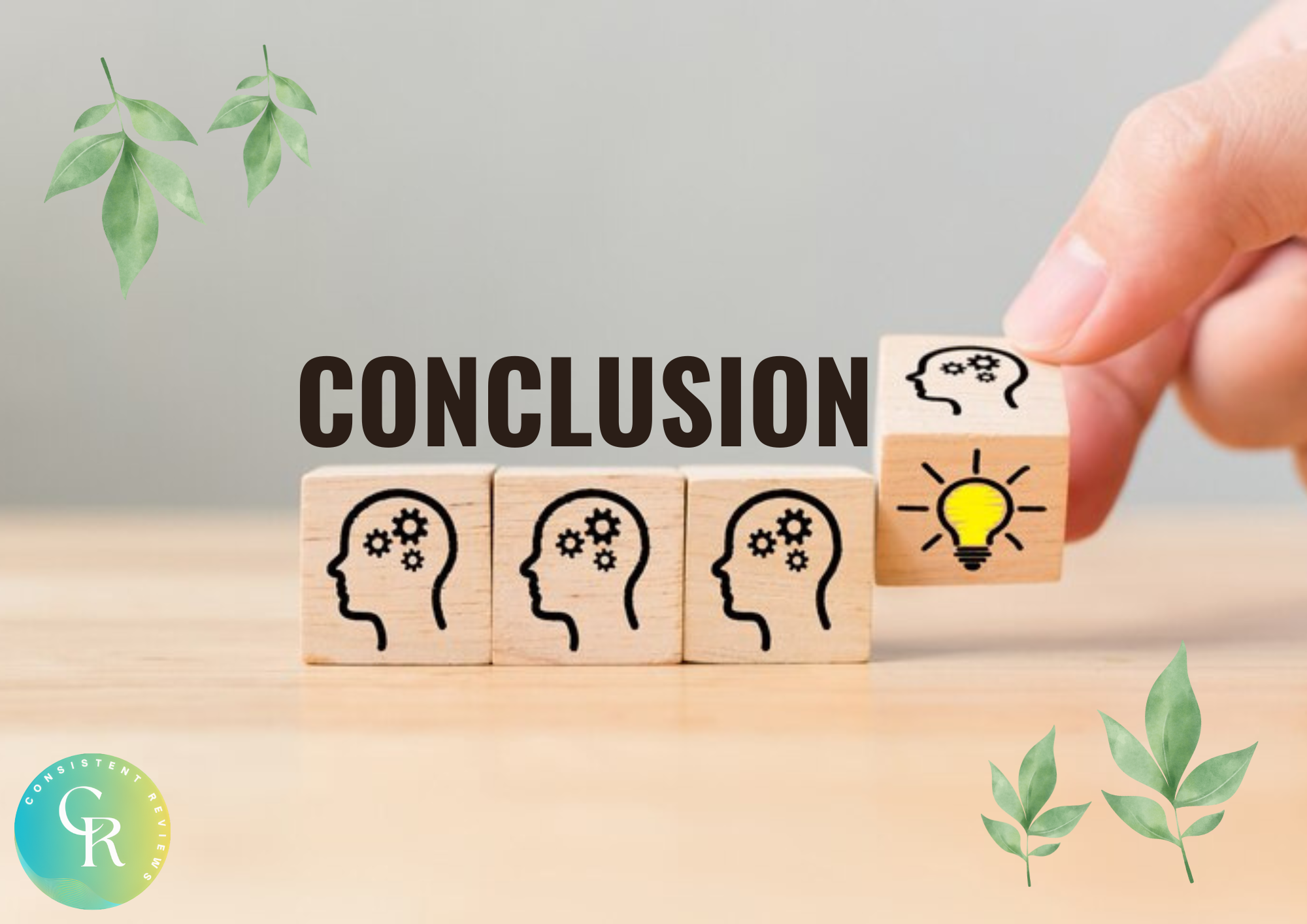Key Takeaways:
- Mushroom chocolate, containing psilocybin, can have both positive and negative effects on mental health.
- Side effects range from mild psychological distress to severe physical reactions, including high blood pressure and muscle weakness.
- Understanding the risks and benefits is crucial for anyone considering the use of mushroom chocolate, especially for treating conditions like depression and anxiety.
Introduction
Mushroom chocolate, a blend of chocolate and psilocybin mushrooms, has gained popularity for its potential therapeutic benefits and recreational use. However, it’s essential to understand the side effects associated with this combination, including the potential for serotonin syndrome and bad trips. This article delves into the various side effects of mushroom chocolate, providing a comprehensive overview for those considering its use.
What is Mushroom Chocolate?

Mushroom chocolate combines the psychoactive properties of psilocybin mushrooms with the rich taste of chocolate. Psilocybin mushrooms, also known as magic mushrooms, contain the active ingredient psilocybin, which is known for its hallucinogenic effects. When consumed, psilocybin is converted into psilocin, which interacts with serotonin receptors in the brain leading to altered perception and mood. This interaction can sometimes lead to serotonin syndrome, a potentially serious condition.
The combination of psilocybin mushrooms and chocolate is not new. Indigenous cultures have used similar mixtures for centuries in spiritual and healing practices. Today, mushroom chocolate is often marketed as a way to experience the benefits of psilocybin in a more palatable form. However, it’s crucial to be aware of the potential side effects before indulging.
Psychological Side Effects
One of the most significant concerns with mushroom chocolate is its psychological impact. Psilocybin can cause a range of psychological effects, from mild euphoria to severe psychological distress. Users may experience vivid colors, altered perception, and distorted sense of time. While some find these effects enjoyable, others may experience frightening hallucinations and panic attacks. Additionally, 'bad trips' can occur, leading to severe psychological distress and long-lasting mental health issues.
For individuals with a family history of mental health issues, such as bipolar disorder or obsessive-compulsive disorder, the use of psilocybin can exacerbate symptoms. It’s essential to approach mushroom chocolate with caution, especially if you have a predisposition to psychological distress.
Physical Side Effects
Mushroom chocolate can also have physical side effects. Common physical reactions include high blood pressure, muscle weakness, and nausea. In some cases, users may experience more severe reactions, such as seizures or even death, particularly if they consume the wrong type of mushrooms or high doses. Additionally, serotonin syndrome is a severe physical reaction that can occur with psilocybin use.
The physical effects of psilocybin can vary depending on the individual and the dosage. It’s crucial to start with low doses and monitor your body’s response. If you experience any severe physical symptoms, seek professional help immediately.
Potential Therapeutic Benefits
Despite the potential side effects, mushroom chocolate has shown promising results in treating various mental health conditions. Psilocybin-assisted therapy is being studied for its potential to treat depression, anxiety, and even cancer patients’ psychological distress. Clinical trials have shown that psilocybin can lead to significant improvements in depressive symptoms and overall well-being. Additionally, psilocybin is being studied for its potential to enhance neuroplasticity in the brain.
However, it’s important to note that these studies are still ongoing, and more research is needed to fully understand the long-term effects of psilocybin. If you’re considering using mushroom chocolate for therapeutic purposes, consult with a healthcare professional to ensure it’s a safe and appropriate option for you.
Risks of Recreational Use
Recreational use of mushroom chocolate carries its own set of risks. Without proper quality control, there’s a risk of consuming poisonous mushrooms, which can lead to severe health complications. Additionally, recreational users may not have access to the psychological support needed to manage adverse events, such as bad trips or psychological withdrawal. Bad trips can be particularly distressing and may require professional psychological support to navigate safely.
It’s also important to consider the legal implications of using psilocybin. In many places, psilocybin mushrooms are classified as controlled substances, and possession or use can result in legal consequences. Always be aware of the laws in your area before using mushroom chocolate recreationally.
Interaction with Other Drugs
Mushroom chocolate can interact with other drugs, leading to unpredictable and potentially dangerous effects. For example, combining psilocybin with other hallucinogenic drugs, such as lysergic acid diethylamide (LSD), can amplify the hallucinogenic effects and increase the risk of psychological distress.
Additionally, psilocybin can interact with medications used to treat mental health conditions, such as antidepressants or antipsychotics. These interactions can lead to increased risk of adverse events and should be carefully monitored by a healthcare professional. Combining psilocybin with other medications can increase the risk of 'serotonin syndrome'.
Quality Control Concerns
Quality control is a significant concern when it comes to mushroom chocolate. Without proper regulation, there’s a risk of contamination with other substances or incorrect dosages. This can lead to unpredictable effects, an increased risk of adverse events, and potential neurotoxicity.
To mitigate these risks, it’s essential to source mushroom chocolate from reputable suppliers who adhere to strict quality control standards. Always check for lab testing and certification to ensure the product’s safety and efficacy.
Psilocybin Mushroom and Treatment-Resistant Depression
Psilocybin mushrooms have shown promise in treating conditions like treatment-resistant depression. Research indicates that psilocybin-assisted therapy can significantly reduce depressive symptoms in individuals who haven’t responded to traditional treatments. This form of therapy involves controlled administration of psilocybin, the active ingredient in magic mushrooms, under professional supervision. The therapeutic effects are believed to stem from psilocybin’s ability to alter thought patterns and emotional responses, providing a new perspective for patients. Additionally, psilocybin may help treat depression by enhancing neuroplasticity.
Clinical trials have demonstrated that psilocybin users experience a notable improvement in their well-being. These findings suggest that psilocybin mushrooms could be a viable option for those suffering from severe depression. However, it’s crucial to conduct further studies to understand the long-term effects and potential risks. The Food and Drug Administration (FDA) has granted breakthrough therapy status to psilocybin for treatment-resistant depression, highlighting its potential as a groundbreaking treatment option.
Cultural and Historical Context
The use of psychedelic mushrooms dates back thousands of years, with indigenous cultures incorporating them into spiritual and healing practices. These wild mushrooms were often consumed in rituals to connect with the divine or to gain insights into personal and communal well-being. The historical use of these substances highlights their significance beyond recreational drug use, emphasizing their role in cultural and spiritual contexts.
In modern times, the resurgence of interest in psychedelic drugs has led to a reevaluation of their cultural and therapeutic value. Psilocybin-assisted therapy is gaining traction as a promising treatment for various mental health issues, including treatment-resistant depression. Modern research is also exploring 'neuroplasticity' as a benefit of psilocybin, building on its historical uses. Understanding the historical context of magic mushrooms can provide valuable insights into their potential benefits and risks, helping to inform contemporary discussions about their use and regulation.< span class=”scroll-here”>
Psychological Dependence and Psilocybin Use
While psilocybin mushrooms are not known to cause physical dependence, there is a risk of becoming psychologically dependent on the experience. Some users may find themselves seeking the altered states of consciousness that psilocybin provides, which can lead to frequent use and potential neglect of daily responsibilities. This psychological dependence can be particularly concerning for individuals with a history of substance abuse or mental health issues.
Moreover, the use of psychedelic substances like psilocybin can sometimes result in a “bad trip,” characterized by intense anxiety, paranoia, and distressing thoughts. These experiences can have lasting psychological effects, especially if not managed properly. Bad trips can contribute to psychological dependence on psilocybin, as users may repeatedly use the substance in an attempt to overcome or understand these negative experiences. It’s essential for psilocybin users to approach these substances with caution and ideally under the guidance of a trained professional to mitigate the risks of serious side effects and ensure a safe and beneficial experience.
Psychological Support
Using mushroom chocolate, especially for therapeutic purposes, should be done with appropriate psychological support. Psilocybin can lead to intense emotional experiences, and having a trained professional to guide you through the process can help manage any negative emotions or psychological distress that may arise. Psychological support is crucial to manage 'bad trips' and other negative experiences.
Psychological support can also help integrate the psychedelic experiences into your daily life, leading to more meaningful and lasting benefits. If you’re considering using mushroom chocolate for mental health purposes, seek out a therapist or counselor experienced in psychedelic therapy.
Legal Considerations
The legal status of psilocybin mushrooms varies widely depending on the location. In some places, psilocybin is classified as a controlled substance, making it illegal to possess or use. In other areas, psilocybin has been decriminalized or even legalized for therapeutic use.
Before using mushroom chocolate, it’s crucial to understand the legal implications in your area. Possession or use of psilocybin in areas where it is illegal can result in severe legal consequences, including fines and imprisonment. Legal regulation can help mitigate risks like 'serotonin syndrome', ensuring safer use of psilocybin products.
Ongoing Research
Research into the effects of psilocybin and its potential therapeutic benefits is ongoing. Clinical trials are exploring its use in treating various mental health conditions, including treatment-resistant depression, anxiety, and PTSD. Neuroplasticity is a key area of study in ongoing psilocybin research. Early results are promising, but more research is needed to fully understand the long-term effects and potential risks.
Staying informed about the latest research can help you make more informed decisions about using mushroom chocolate. Keep an eye on reputable sources and scientific publications for updates on the ongoing research into psilocybin.
Case Study: Psilocybin for Depression
A notable case study involves the use of psilocybin-assisted therapy for treatment-resistant depression. In a clinical trial, participants who had not responded to traditional antidepressants were given psilocybin in a controlled setting. The results showed significant improvements in depressive symptoms, with some participants experiencing lasting benefits for months after the treatment. Neuroplasticity may be a mechanism for the observed benefits in treating depression.
This case study highlights the potential of psilocybin as a treatment for depression, but it also underscores the importance of using it in a controlled and supportive environment. The participants received psychological support throughout the process, which likely contributed to the positive outcomes.
Case Study: Psilocybin for Cancer Patients
Another case study focused on the use of psilocybin to alleviate psychological distress in cancer patients. Participants reported significant reductions in anxiety and depression, as well as improved overall well-being. The study found that a single dose of psilocybin could lead to lasting improvements in mental health for cancer patients. Neuroplasticity may contribute to the mental health improvements observed in these patients.
This case study demonstrates the potential therapeutic benefits of psilocybin, but it also highlights the need for further research to understand the long-term effects and optimal dosing strategies. As with any treatment, it’s essential to weigh the potential benefits against the risks.


What are the common side effects of mushroom chocolate?
Common side effects of mushroom chocolate include psychological distress, such as frightening hallucinations, panic attacks, and bad trips, as well as physical reactions like high blood pressure, muscle weakness, and serotonin syndrome. It’s essential to start with low doses and monitor your body’s response.
Can mushroom chocolate be used to treat depression?
Mushroom chocolate, containing psilocybin, has shown promising results in treating depression, particularly treatment-resistant depression. Clinical trials have demonstrated significant improvements in depressive symptoms, potentially due to the neuroplasticity effects of psilocybin. However, more research is needed to understand the long-term effects fully.
Is mushroom chocolate legal?
The legal status of mushroom chocolate varies depending on the location. In some areas, psilocybin mushrooms are classified as controlled substances making them illegal to possess or use. In other places, psilocybin has been decriminalized or legalized for therapeutic use. Always check the laws in your area before using mushroom chocolate, as improper use can lead to serious health risks such as serotonin syndrome.

Mushroom chocolate, combining psilocybin mushrooms with chocolate, has gained popularity for its potential therapeutic benefits and recreational use. However, it comes with a range of side effects, including psychological distress, physical reactions, serotonin syndrome, bad trips, and legal implications. Understanding these risks and seeking professional guidance is crucial for anyone considering its use.










